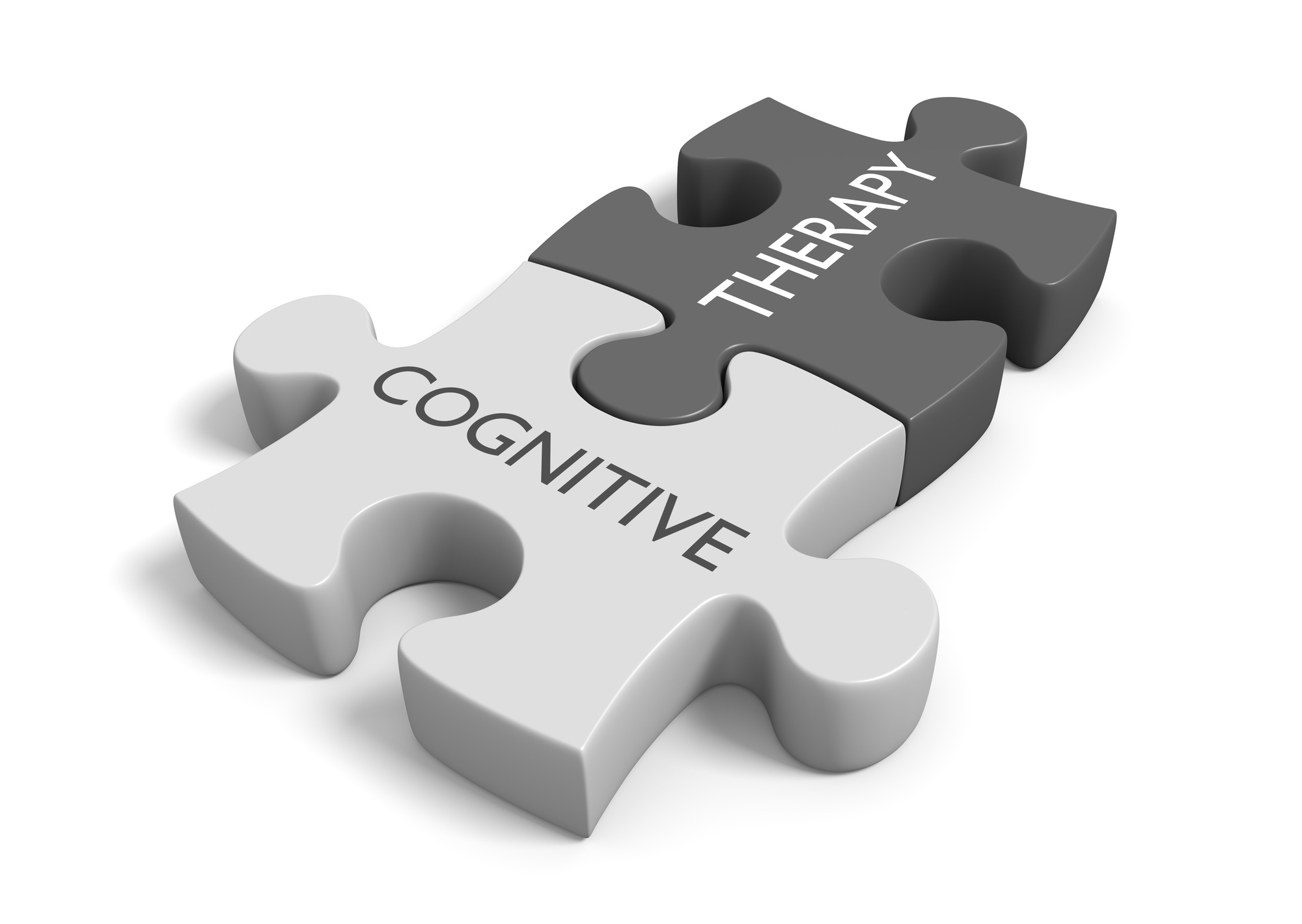Did you know that about one out of five adults in the United States has a mental illness? That’s over 50 million adults with any type of mental illness (AMI). About five percent of the population suffers from a serious mental illness (SMI).
Stressors such as the recent pandemic aren’t helping anyone’s mental health. There are many types of psychotherapy, one of which is Cognitive Therapy, also called Cognitive Behavioral Therapy (CBT).
Are you seeking help for depression, anxiety, or other mental health issues? Cognitive therapy could help.
This guide offers answers to questions about cognitive behavioral therapy.
What Is Cognitive Therapy?
Cognitive therapy is a type of psychotherapy. It helps you identify and then change negative and destructive thought patterns. Negative thought patterns have a direct effect on your day-to-day functioning and mental health.
Most of the negative thoughts are of an automatic nature. You may not realize how much the thoughts influence your mood, anxiety, and even depression.
The therapy sessions help people overcome the thoughts through talk and other strategies. As with psychotherapy, there are different types of cognitive behavioral therapy techniques.
Cognitive Therapy Uses
Cognitive therapy is goal-oriented and effective for treating specific problems. Some of the many problems addressed by CBT include:
- Anxiety
- Depression
- Anger issues
- Eating disorders
- Panic attacks
- Phobias
The therapist takes an active role in helping you identify the problems. She’ll also help you set goals. The therapist describes the process in detail and gives clients homework between sessions.
Some CBT Strategies
Talking with your therapist is a big part of cognitive therapy. Together with your therapist, you’ll identify the negative thoughts leading to problematic behaviors.
This part of the process isn’t always easy. It requires some introspection and self-examination.
Once you’ve identified the issues, you’ll work on practicing skills to avoid negative behaviors. For an alcoholic or drug user, that could mean learning coping skills to avoid relapse triggers.
You’ll also set SMART goals. These are goals that are specific, measurable, attainable, relevant, and time-based. You’ll then focus on the process as well as the outcome.
Children need to learn good coping skills but that doesn’t always happen. The home and school environment play a big role. If you have a child with special education needs, it’s imperative they get the help they need through available services.
In cognitive therapy, you’ll learn coping strategies that help you better cope with many of life’s stressors. You’ll learn how to identify the problem and generate a list of solutions and then implement the best solution for your situation.
You’ll also learn self-monitoring through behavior tracking and diary work. The process takes time so be patient with yourself.
Healing Through Cognitive Therapy
Are you or a loved one struggling with negative thoughts and destructive behaviors? Cognitive therapy could be the answer you’ve been looking for. The only prerequisite is a willingness to change.
Are you looking for more healthy living and life hack tips? Keep scrolling the blog for more!
